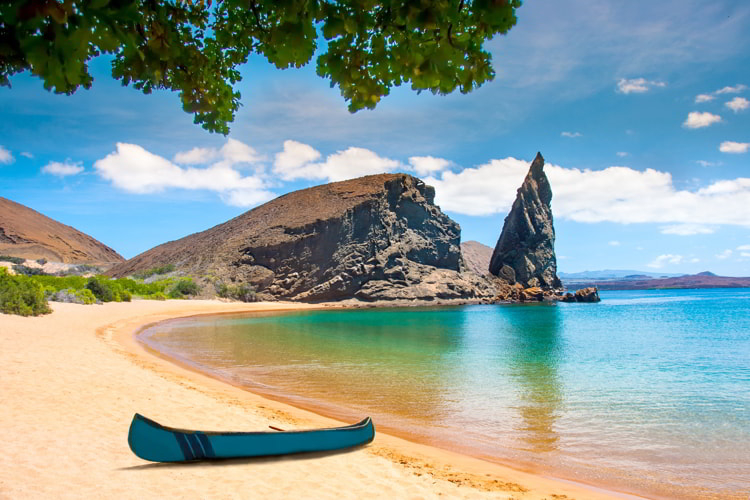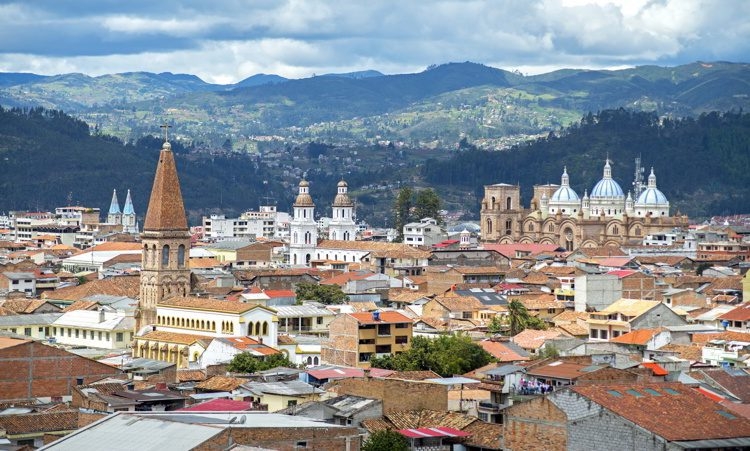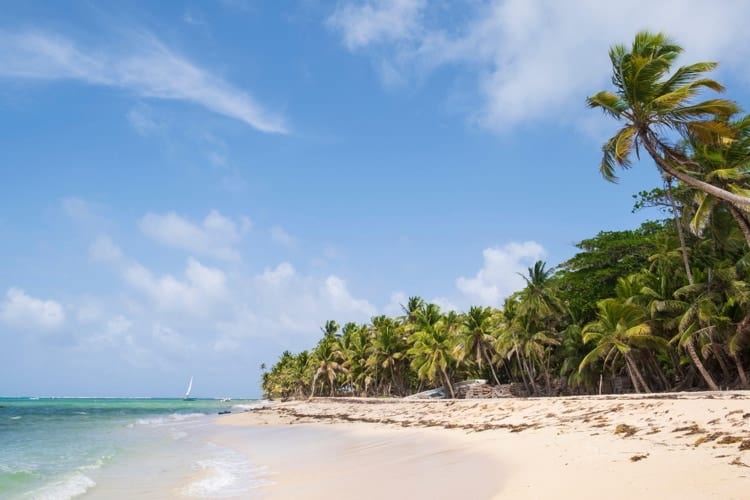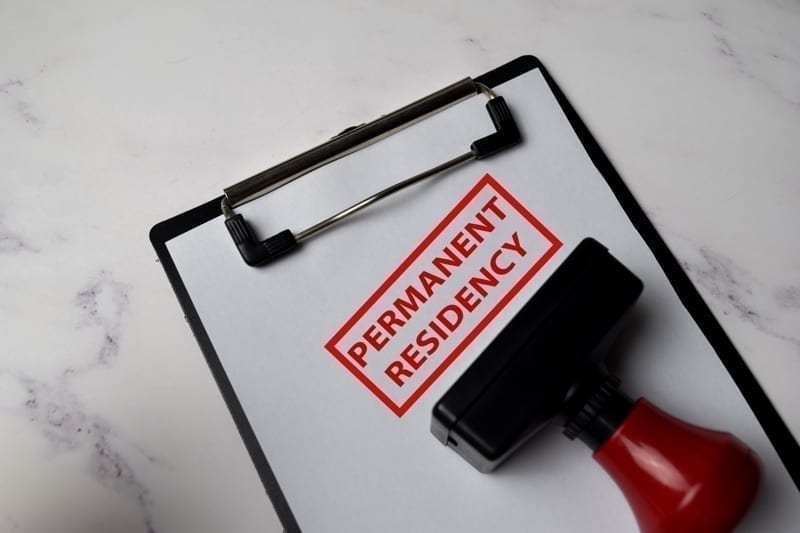When thinking of moving to Nicaragua there is some good news with regards to taxes.
Nicaragua does not tax foreign-earned income. You are liable for any income sourced from Nicaragua though. The general rate for non-residents is 15%.
Top Destinations:
Whether you’re looking for fun and sun, a peaceful retirement, or the chance to earn some extra income, you’ve got a real world of opportunity open to you… In short, we’ve done our best to narrow down your best options, but only you can decide the right country for you.
Best For:
How Much Will It Cost You To Live Overseas?
The only honest answer is, we have no idea. And neither does anyone else. The only one who can answer that question is you. Here’s the most important thing to understand about budgeting your new life overseas…
Follow Us:
Join our Weekly Newsletter
Overseas Property Alert
Sign up for our weekly newsletter to receive expert insights on the best international real estate investment opportunities.
Upcoming Events
Live and Invest In Spain Conference
Offshore Wealth Summit
Greece Workshop
VALENCIA, SPAIN
Sep. 17-19, 2025
PANAMA CITY, PANAMA
Oct. 15-17, 2025
VIRTUAL
Nov. 13, 2025
Contact Our Events Team
Reach us with your questions by email at: events@liveandinvestoverseas.com
Unlock The World
Overseas Havens Reports
Conference Kits
Lahardan Books
Our Customer Service team is here to assist with any questions or concerns CustomerService@LiveandInvestOverseas.com
Top Destinations:
Whether you’re looking for fun and sun, a peaceful retirement, or the chance to earn some extra income, you’ve got a real world of opportunity open to you… In short, we’ve done our best to narrow down your best options, but only you can decide the right country for you.
Best For:
How Much Will It Cost You To Live Overseas?
The only honest answer is, we have no idea. And neither does anyone else. The only one who can answer that question is you. Here’s the most important thing to understand about budgeting your new life overseas…
Follow Us:
Join our Weekly Newsletter
Overseas Property Alert
Sign up for our weekly newsletter to receive expert insights on the best international real estate investment opportunities.
Upcoming Events
Live and Invest In Spain Conference
Offshore Wealth Summit
Greece Workshop
VALENCIA, SPAIN
Sep. 17-19, 2025
PANAMA CITY, PANAMA
Oct. 15-17, 2025
VIRTUAL
Nov. 13, 2025
Contact Our Events Team
Reach us with your questions by email at: events@liveandinvestoverseas.com
Unlock The World
Overseas Havens Reports
Conference Kits
Lahardan Books
Our Customer Service team is here to assist with any questions or concerns CustomerService@LiveandInvestOverseas.com
THE 10 BEST PLACES TO RETIRE IN 2025

PLUS: A SPECIAL BONUS DESTINATION
We Value Your Privacy! We will not share your email address with anyone else, period.
Home » Best Countries To Live, Invest, And Retire Overseas » Nicaragua » Taxes In Nicaragua
Rates for the Different Taxes in Nicaragua
Learn more about this and other countries in our free, daily Overseas Opportunity Letter. Simply enter your email address below and we’ll send you our FREE REPORT: The 10 Best Places To Retire In 2025

When thinking of moving to Nicaragua there is some good news with regards to taxes.
Nicaragua does not tax foreign-earned income. You are liable for any income sourced from Nicaragua though. The general rate for non-residents is 15%.

Reviewed By Lief Simon
Lief Simon is the managing editor of Global Property Advisor, Simon Letter, and Offshore Living Letter. He has purchased more than 45 properties, investing in 23 different countries around the world.
Start Your New Overseas Life Today
A world full of fun, adventure, and profit awaits! Sign up for our free daily e-letter, Overseas Opportunity Letter, and we’ll send you a FREE report on the 10 Best Places To Retire In Style Overseas Today 2024
We Value Your Privacy! We will not share your email address with anyone else, period.
| Taxable income (NIO**) Over |
Not over | Minimum tax charge (NIO) | Tax on excess (%) |
|---|---|---|---|
| 0 | 100,000 | 0 | 0 |
| 100,000 | 200,000 | 0 | 15 |
| 200,000 | 350,000 | 15,000 | 20 |
| 350,000 | 500,000 | 45,000 | 25 |
| 500,000 | and above | 82,500 | 30 |
The corporate tax rate in Nicaragua is 30% or 1% on income over 40 million Cordobas (US$1.48 million) for small to medium sized businesses.
Pro Nicaragua is one tax incentive program for investors. Under it, you can set up your own free trade zone and enjoy a 10-year tax exemption.
Industries targeted by the program include tourism, food processing, outsourcing services, footwear manufacturing, auto-part manufacturing, and forestry.
If setting up tax residence in Nicaragua, you should note that Nicaragua has an inheritance tax of 1% to 4% of a property’s registered value.
Other tax rates in Nicaragua include:
Most goods and services sold in Nicaragua are taxed at a rate of 15%. This is expensive but is offset by the cheaper costs of goods and services in Nicaragua.
Whether you’re a resident of Nicaragua or not all income earned in Nicaragua is subject to income tax. Personal income tax rates for non-residents are a flat 15% on all taxable Nicaragua earned income.
Residents will pay a graduated percentage of tax on all Nicaraguan sourced income, capped at 25%. Both marriage partners are required to report and file separately.
The fiscal tax year runs from July 1st to June 30th.
Typically, property taxes in Nicaragua run 1%. So a purchase of a home at a price of US$100,000 would have an associated annual property tax of $1,000.
Rental income in Nicaragua is treated as regular income, so non-residents will pay 15% and residents will pay a maximum of 25%.
Deductions to the rental income may apply thereby so the tax rates indicated are based off of taxable rental income only, and not necessarily the full rental income amount.
Capital gains are treated as regular income in Nicaragua, thus the taxable portion is taxed at the same rate.
To be filed under occasional gains. The tax is 1% up to $50,000.
From $50,000 to $100,000 the rate is 2%. Anything over $100,000 is 3% inheritance tax.
Exports of goods or services domestically produced are charged at 0%.
Imported goods which are going to be exported are also tax exempt. E.g. importing packaging which you will use to export coffee from Nicaragua.
You can import household goods up to $20,000 tax free. Also, you can import a car valued up to $25,000 and it will be exempt from tax providing it is not older than seven years. You can only import one care every five years using this exemption.
Building materials up to $50,000 can also be imported at 0% tax providing they are for construction of a house.
* Table taken from PWC’s article Nicaragua: Individual – Taxes on personal income.
**Nicaraguan córdobas

Reviewed By Lief Simon
Lief Simon is the managing editor of Global Property Advisor, Simon Letter, and Offshore Living Letter. He has purchased more than 45 properties, investing in 23 different countries around the world.
Start Your New Overseas Life Today
A world full of fun, adventure, and profit awaits! Sign up for our free daily e-letter, Overseas Opportunity Letter, and we’ll send you a FREE report on the 10 Best Places To Retire In Style Overseas Today 2024
We Value Your Privacy! We will not share your email address with anyone else, period.
Nicaragua is the largest among all Central American countries and is relate in size to the US state of New York.
 . '
. '
 . '
. '
 . '
. '
 . '
. '


We Value Your Privacy! We will not share your email address with anyone else, period.
As seen in

© 2008 – Live and Invest Overseas™ – All Rights Reserved.
Sign up to receive the FREE daily e-letter, Overseas Opportunity Letter and we’ll immediately email you our editors’ latest research report…
BEST PLACES TO RETIRE
FREE REPORT:
Sign up for FREE and learn how to live the good life on a modest budget, find bargain property, and more. Plus, check out our free report on the 10 BEST PLACES TO RETIRE.
RETIRE OVERSEAS AND LIVE LIKE ROYALTY
Top Countries
Budgets
Affordable
Resources
Real Estate
Overseas Property Alert
How To Become Independently Wealthy And Fund The Lifestyle Of Your Dreams
Buying Real Estate For Cashflow
Discover tips and strategies used by global property investing veterans
Explore Our Latest Posts
Learn how to invest and purchase property abroad…
Conferences
Live and Invest In Spain Conference
Offshore Wealth Summit
GREECE WORKSHOP
Contact Our Events Team:
Toll-Free U.S. and Canada:
1 (888) 627 8834
From Outside North America:
1 (443) 599 1221
Working Hours
Monday – Friday 08:00 am – 17:00 pm EST.
Reach us with your questions by email at: events@liveandinvestoverseas.com
Store
Overseas Havens Reports
Conference Kits
Lahardan Books
Services
Free Report
THE 10 BEST PLACES TO RETIRE IN 2025

Sign up to receive the FREE daily e-letter, Overseas Opportunity Letter and we’ll immediately email you our editors’ latest research report…
We Value Your Privacy! We will not share your email address with anyone else, period.
Follow Us:
© 2008 - Live and Invest Overseas - All Rights Reserved.